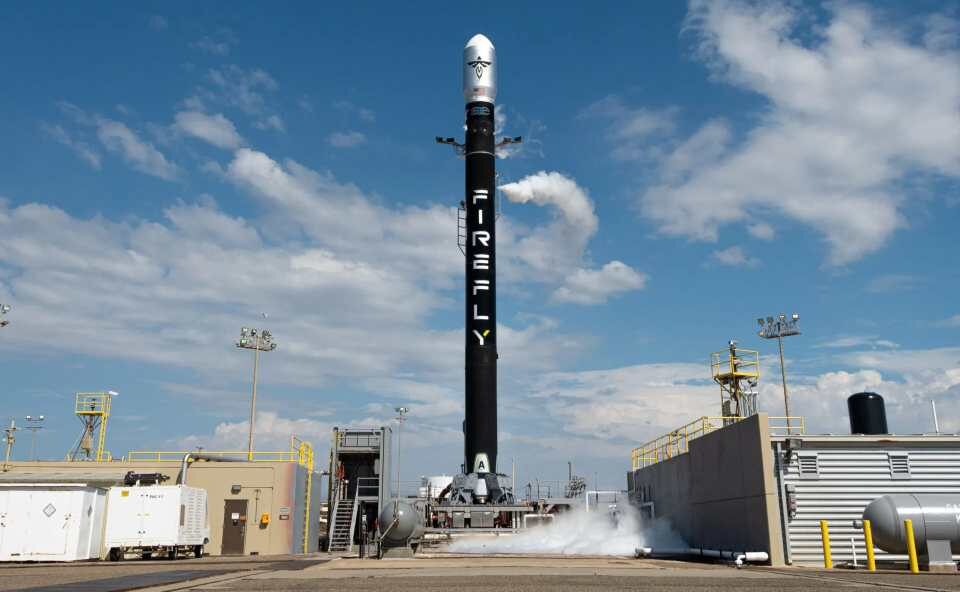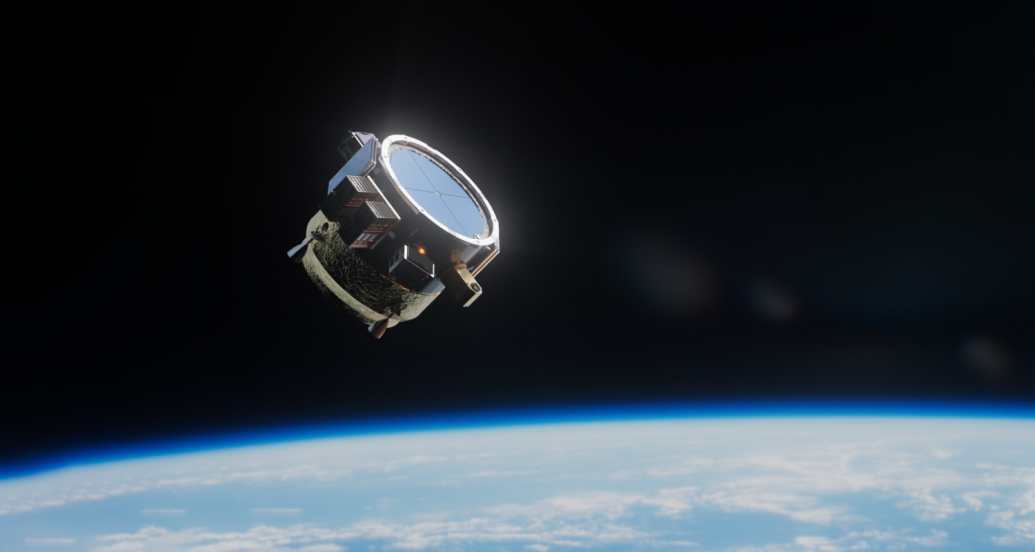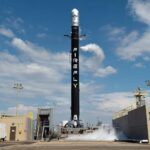Space startup Firefly raises $175 million in Series D funding at over $2 billion valuation

Firefly Aerospace has closed a $175 million Series D funding round led by RPM Ventures, with participation from both current backers and newcomers like GiantLeap Capital and Human Element.
This latest round now brings the Texas-based space startup’s valuation at over $2 billion. With this investment, Firefly aims to expand the reach of its Elytra spacecraft, scale up production of its Alpha rocket, and advance the development of hardware for new vehicles.
The funding news comes just two years after Firefly Aerospace announced it was raising $300 million following a successful orbital launch. Earlier that year, in May, the company secured $75 million in a Series A round led by DADA Holdings. This strong investor backing reflects continued interest in rocket and satellite technology, a sector that has been attracting venture capital despite its capital-intensive demands.”
Founded in 2017 by Noosphere Ventures’ Max Polyakov, Firefly emerged from the assets of Firefly Space Systems, acquired by EOS Launcher, which later became Firefly Aerospace. The Texas company specializes in small to medium launch vehicles for earth orbit missions, also offering a range of on-orbit services through its Elytra vehicles. These vehicles support hosting, rideshare, delivery, and servicing missions.
“Few companies can say they’ve defined a new category in their industry – Firefly is one of those,” said Marc Weiser from RPM Ventures. “They have captured their niche in the market as a full service provider for responsive space missions and have become the pinnacle of what a modern space and defense technology company looks like.”
Meanwhile, Firefly is already accepting orders of around $15 million per launch for its 95-foot Alpha rocket, serving government and commercial satellite clients looking for medium-sized launches. The company is also preparing for its first lunar mission, “Blue Ghost,” part of NASA’s Commercial Lunar Payload Service initiative.

“Firefly is extremely grateful for our existing and new investors whose support demonstrates a huge vote of confidence in our capabilities and future” said Jason Kim, CEO of Firefly Aerospace. “Prior to joining the company, I had a unique opportunity to see behind the scenes and witness the bold mission Firefly executed flawlessly! I believe this is what has defined us in the market and continues to drive the investor demand that allowed us to move from term sheet to close in just two months – and the best is yet to come.”
Beyond lunar goals, Firefly is ramping up Alpha rocket launches with contracts from Lockheed Martin, L3Harris, NASA, and others. Additionally, it’s working with Northrop Grumman to create a new medium launch vehicle.
In October 2022, Firefly successfully launched its first rocket into orbit, solidifying its position as a dependable launch partner for NASA. This milestone came after a previous attempt in September 2021, when the Alpha rocket’s debut failed due to a course deviation. On October 3, 2022, Firefly’s Alpha FLTA002 launched from California’s Vandenberg Space Force Base, achieving orbit and deploying customer payloads, marking a major step forward for the Austin-based startup in the competitive field of space launches.





